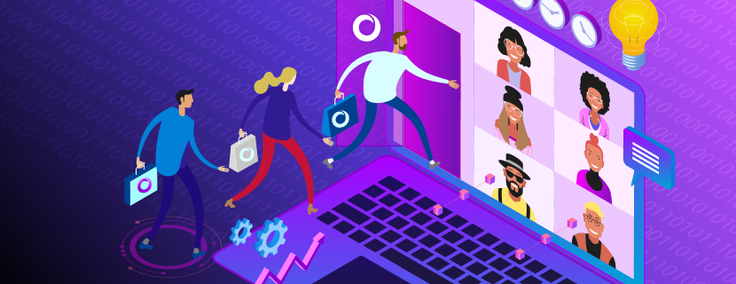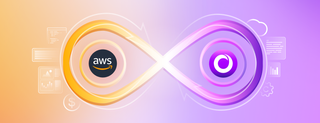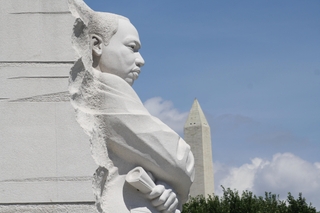
The future of work conversation is not really new. This conversation has been going on for quite some time.
Remote work, or the concept of being able to work from anywhere, existed long before the pandemic. Over the years I have worked from a hotel room while on a family vacation or taken a call from my kids’ baseball game, school or swim meet more times than I can remember.
The difference this time is that the option of going to a workplace was taken away from many of us, suddenly and without warning. And for a lot of employees, that abrupt change has been extremely difficult to deal with for various reasons.
Of course, the primary purpose of an office is to provide a collaborative environment for emotional, intellectual, product and/or social collaboration. In-person interactions at the office serve to build camaraderie, enabling people to align on goals and participate in important group work. But for some employees, the office is also a key place for focus, deep thinking or getting individual work done.
I’m fortunate to have a home office. You may have one, too. But a lot of our colleagues may not have a proper work environment at home. For them, the office may provide uninterrupted quiet time and the room they need to get things done. They might also find the ability to take a break, say hello to a colleague, or walk five steps to get a coffee or tea to be quite meaningful.
I’m sometimes surprised at what people miss about coming into the office. A friend recently told me that he loves home-cooked meals, but he has also missed the cafeteria food at work.
When we were all going about our normal working lives, we had our coping mechanisms. You might have listened to the radio on your way to work. Perhaps you stopped by your favorite coffee shop during your morning commute. You may have grabbed a drink with friends after work. Or, maybe you went to a popular noodle shop with colleagues for lunch.
But now those routines are gone — or at least, altered. Some employers, like Microsoft, now plan to fully reopen their offices. But office reopening plans by Microsoft and many other businesses have shifted many times. Meanwhile, most of us are trying to find new approaches to confront what we need to do so we don’t need to rely on coping mechanisms anymore. I think mental health support is going to be critical for the wellbeing of employees, and for society at large going forward.
I recently read some cautioning words from medical professionals that really rang true to me:
“The COVID-19 pandemic has had a whole range of unexpected consequences, some of which, like increasing levels of mental distress, deserve better management – and, in some cases, immediate attention,” wrote Charles Alessi, MD and chief clinical officer at HIMSS, and Lene Sovold, clinical psychologist and mental health advisor. They added that: “There is no health without mental health, and it needs to be put on our agendas now more than ever.”
How we work contributes to our mental health, no question. That’s why being more mindful of how to organize work and collaboration is also more important than ever.
Today, and going forward, everyone needs to pay extra attention to what works for those in the office, and those who are remote. Finding new ways to connect, be inclusive and interact will be the product of this pandemic that sped up many changes that in some cases were already underway. The days of coming into the office five days a week from 9 a.m.-6 p.m. are gone. Hybrid work is here to stay. And it will require all of us to become more empathetic, flexible and mindful.
From San Francisco to Lisbon, SingleStore is always looking for more innovators to join our team — whether that’s from your home office, or one of our locations.




